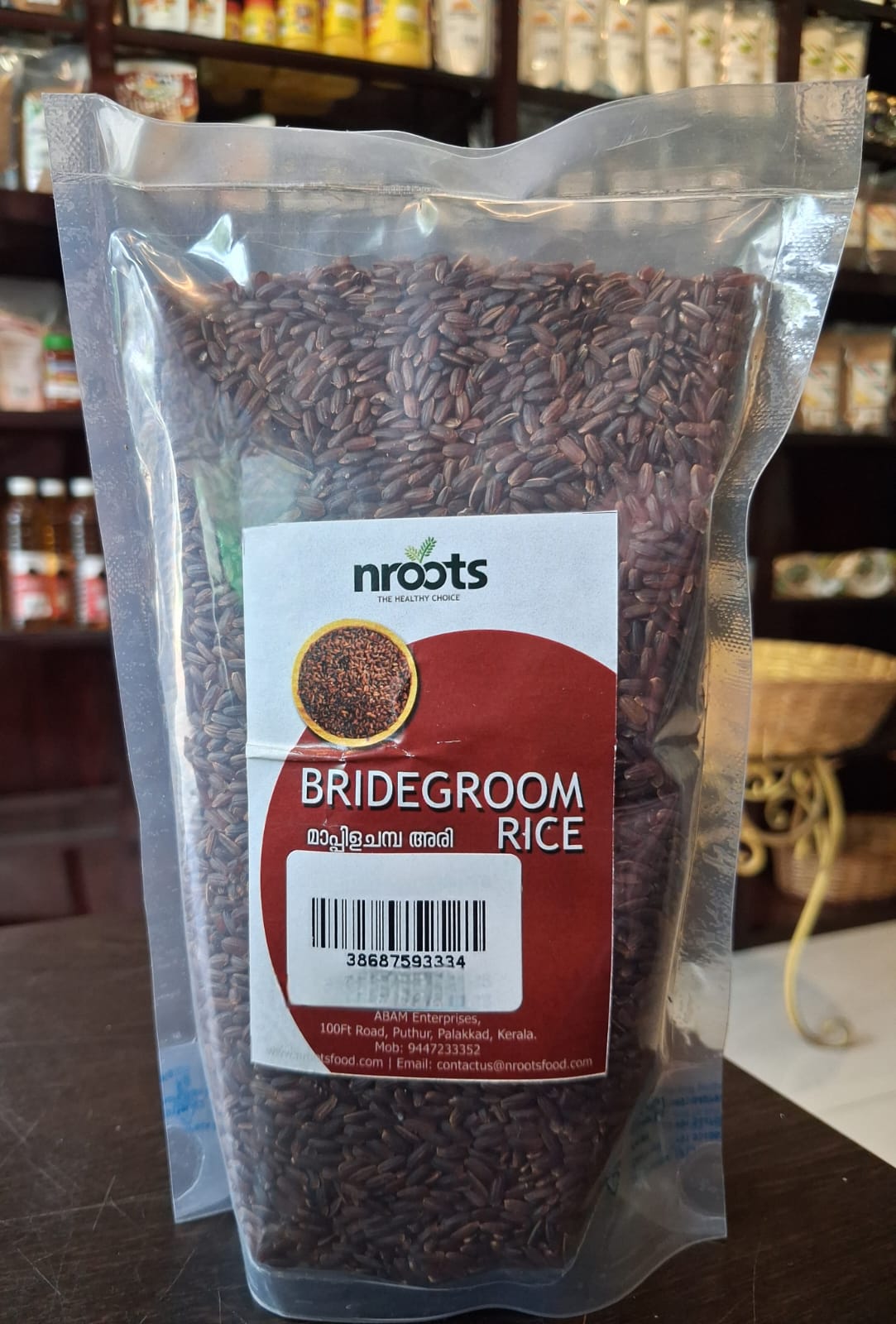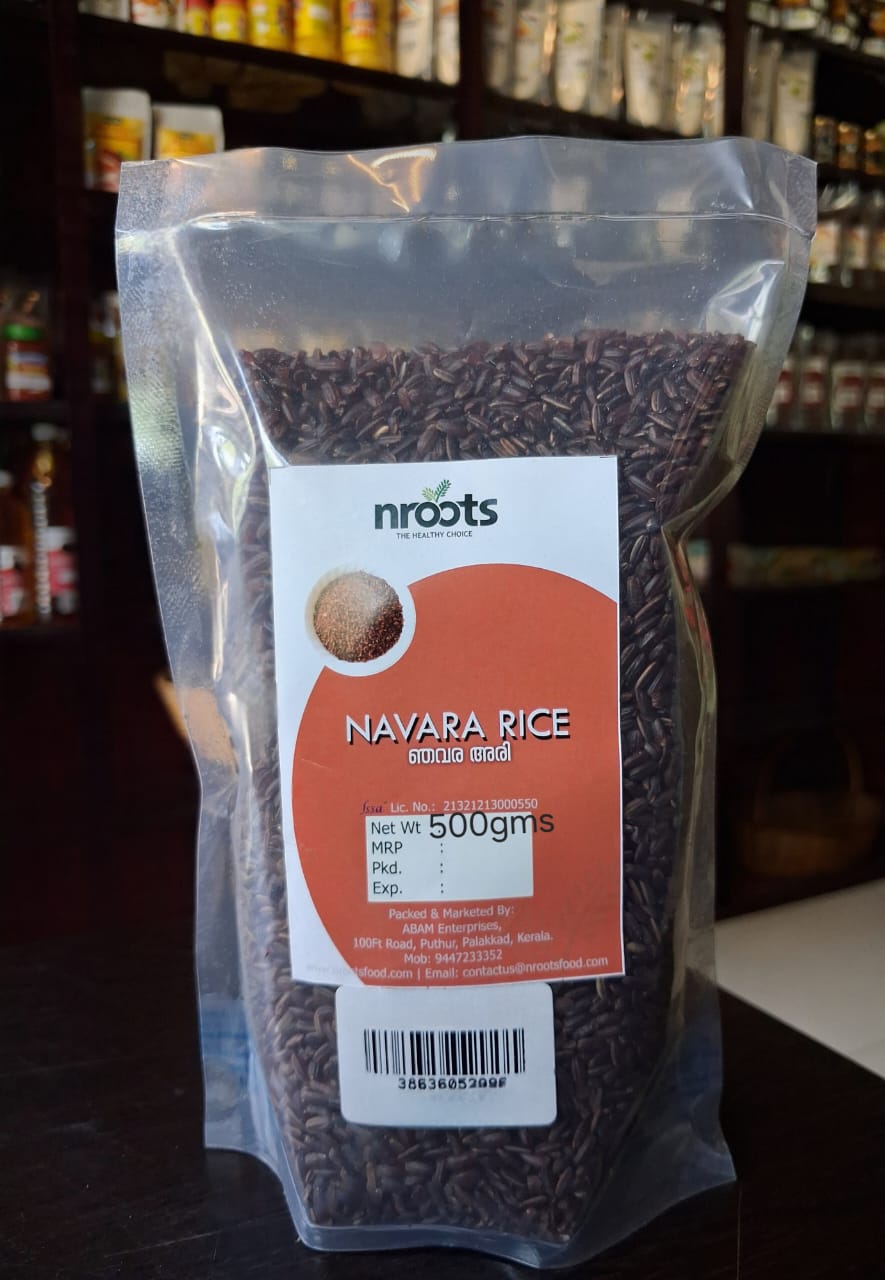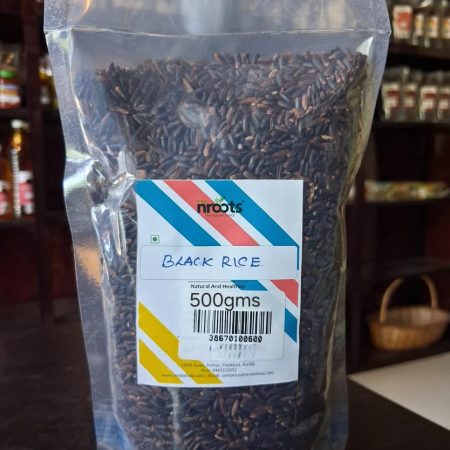Description
“Power packed. Pure. Traditional”
- Packed with essential minerals like iron, magnesium, and zinc for daily vitality
- Supports better digestion and gut balance with its natural fibre
- Beneficial for women health
- Ideal for recovery and strength-building because of its high nutrient density
- Traditionally used in Ayurveda to support rejuvenation and overall longetivity






Reviews
There are no reviews yet.